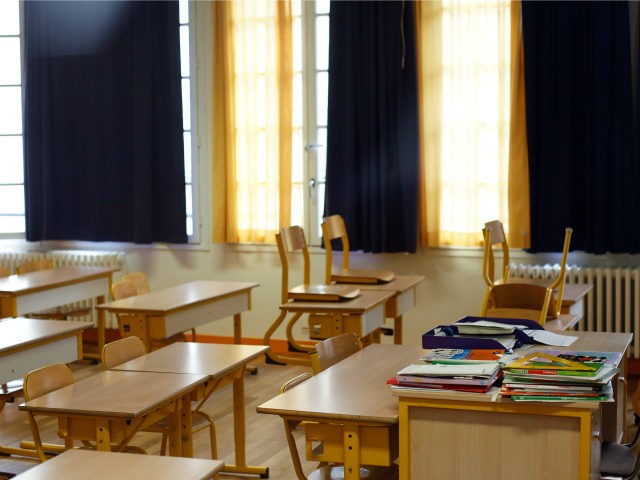The United Nations said this week that the ongoing coronavirus pandemic had triggered the “largest disruption of education ever,” as school closures in more than 160 nations in mid-July are “affecting over 1 billion students.”
“At least 40 million children worldwide have missed out on education in their critical pre-school year, “U.N. Secretary-General Antonio Guterres declared in written remarks prepared for a video briefing on Tuesday.
Echoing the U.S. Centers for Disease Control and Prevention (CDC), Guterres called for the safe reopening of schools, including in-person learning “once local transmission of COVID-19 is under control.”
As a result of the Chinese coronavirus’s impact on education, “We face a generational catastrophe that could waste untold human potential, undermine decades of progress, and exacerbate entrenched inequalities,” he said.
“The knock-on effects on child nutrition, child marriage, and gender equality, among others, are deeply concerning,” the U.N. leader added.
On Tuesday, Guterres also unveiled a 26-page policy brief on how the Chinese coronavirus is upending education systems across the world and what governments can do to get children back in school.
He issued the recommendations alongside a new global pro-education campaign called “Save our Future.”
“We have issued guidance to help governments in this complex endeavor,” he said. “It will be essential to balance health risks against risks to children’s education and protection, and to factor in the impact on women’s labor force participation.”
Guterres also urged governments to prioritize boosting education, “the great equalizer,” noting that the school funding gap between low- and middle-income countries has expanded in recent months. He also said governments must provide educational opportunities to “those at greatest risk of being left behind – people in emergencies and crises; minority groups of all kinds; displaced people and those with disabilities.”
“They should be sensitive to the specific challenges faced by girls, boys, women, and men, and should urgently seek to bridge the digital divide,” Guterres added.
Last week, CDC Director Robert Redfield said the U.S. must reopen schools K through 12 with in-person learning this fall for public health reasons, such as preventing suicides, drug abuse, and domestic violence.
Some Democrats have come out against reopening schools this fall, asserting that it is unsafe.
“We are at a defining moment for the world’s children and young people,” Guterres proclaimed. “The decisions that governments and partners take now will have a lasting impact on hundreds of millions of young people, and on the development prospects of countries for decades to come.”
Guterres also called on governments “to reimagine education” through “investment in digital literacy and infrastructure, an evolution towards learning how to learn, a rejuvenation of life-long learning and strengthened links between formal and non-formal education.”
The world needs education now more than ever given the unprecedented levels of inequality, Guterres stated.
“We must take bold steps now to create inclusive, resilient, quality education systems fit for the future,” he concluded.
Even before the ongoing pandemic, Guterres said, the globe faced “a learning crisis,” with “more than 250 million school-age children … out of school and only a quarter of secondary school children in developing countries … leaving school with basic skills.”

COMMENTS
Please let us know if you're having issues with commenting.